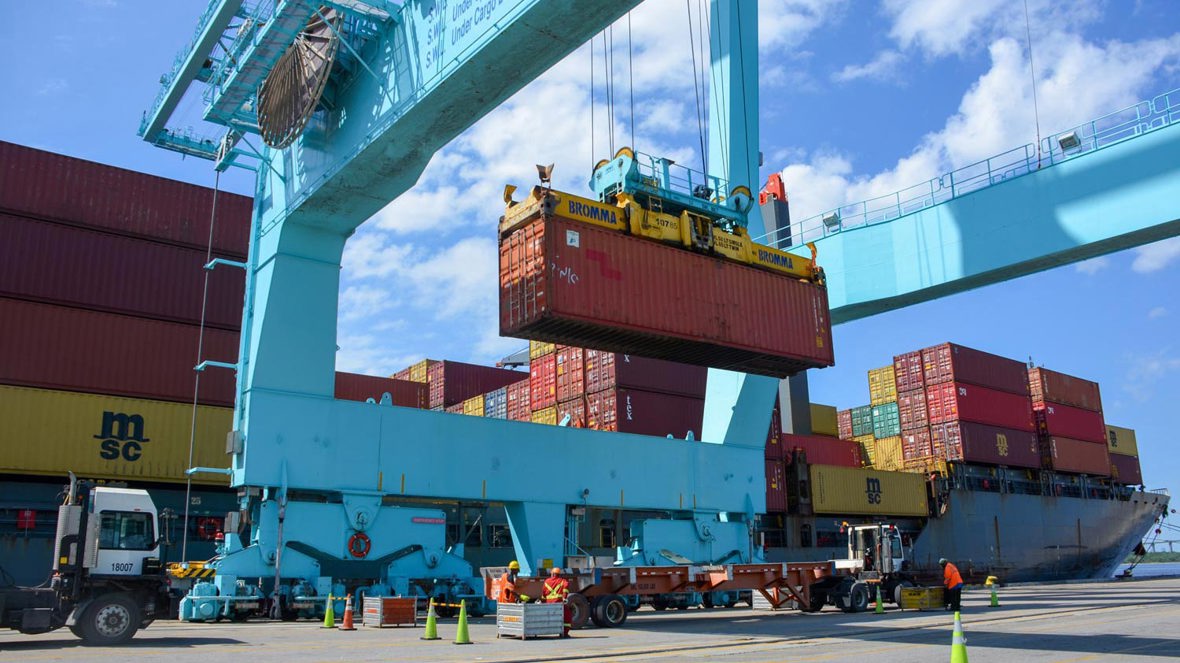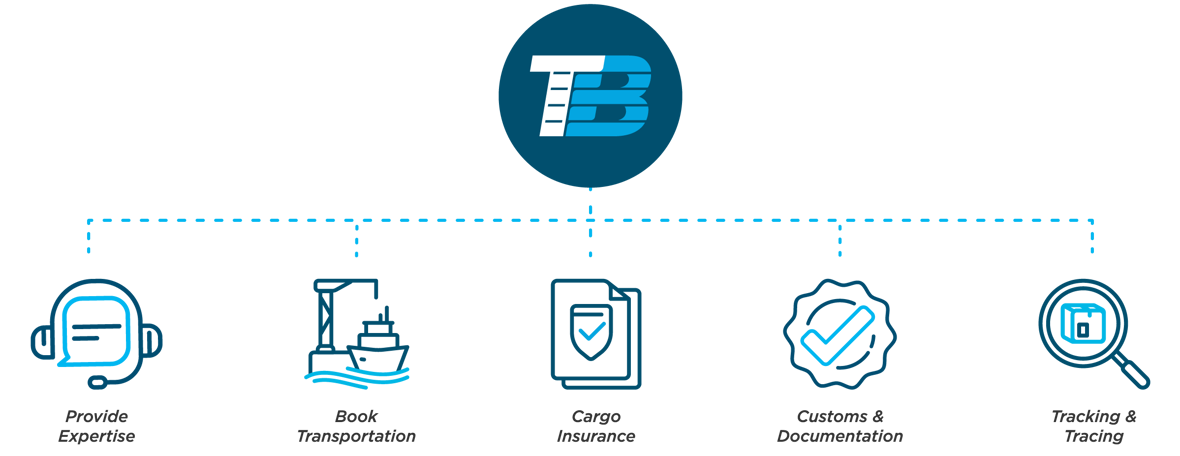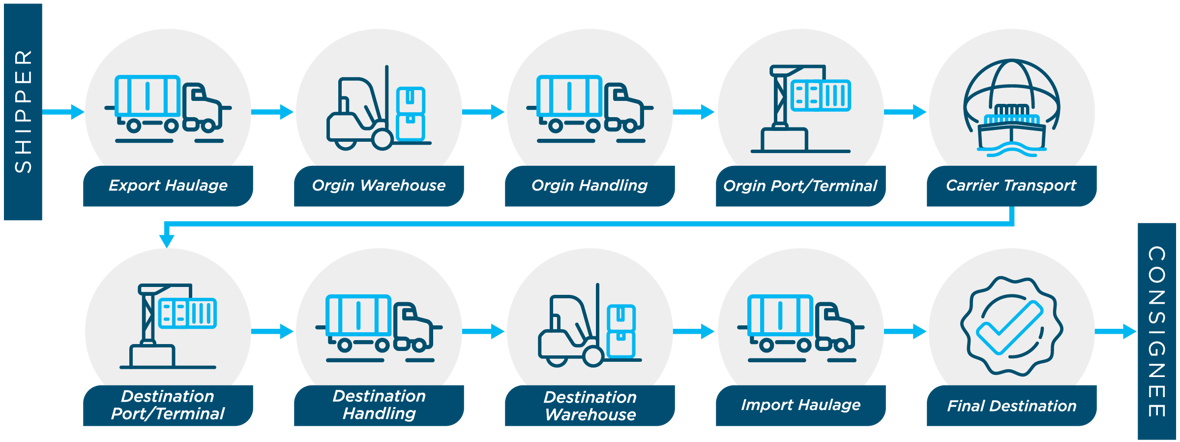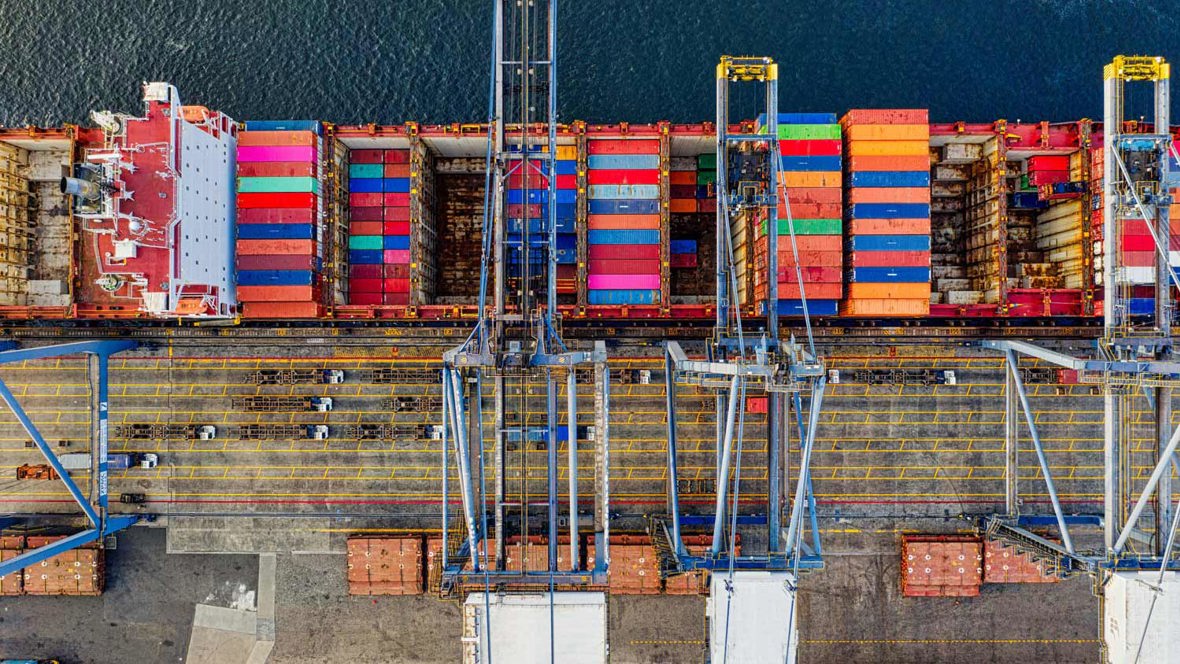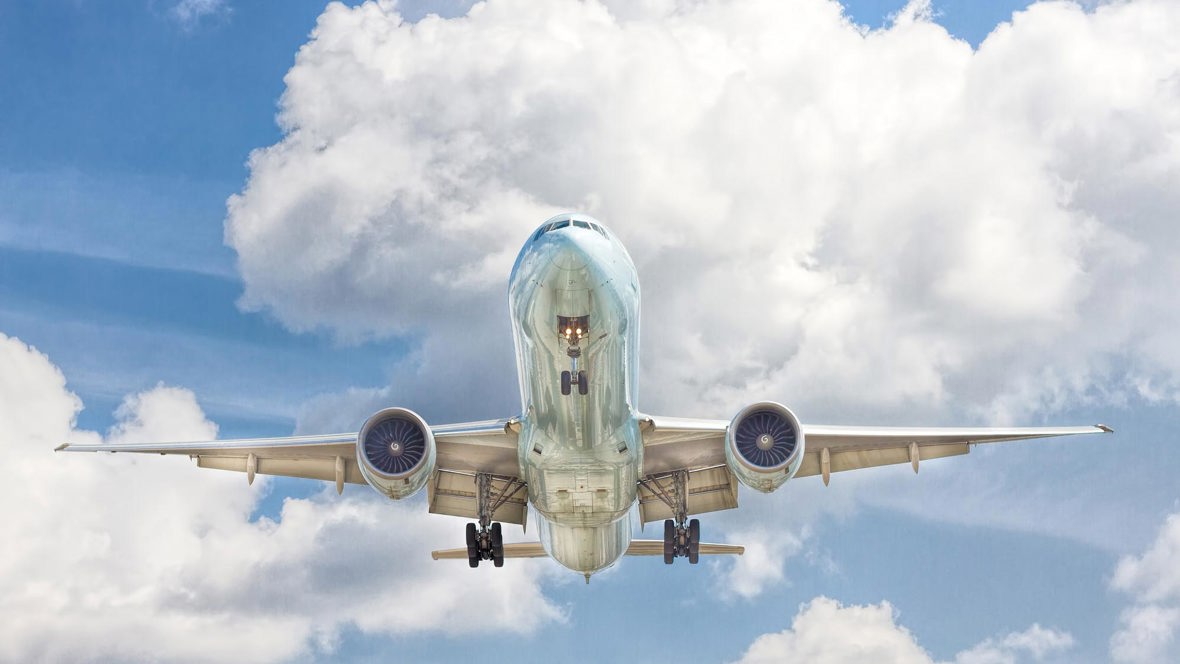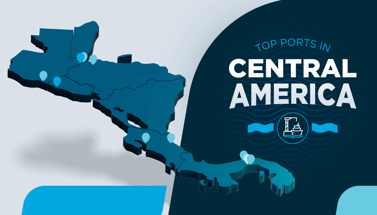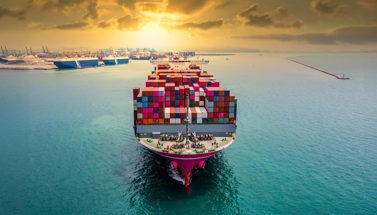A Guide to Shipping with a Freight Forwarder: Everything You Need to Know
As a small shipper, expanding your business internationally can feel both exciting and overwhelming. While it’s an incredible opportunity to grow your customer base, it also adds another layer of complexity – arranging transportation in a different country, navigating customs, and staying up to date with import regulations, just to name a few. With so many considerations, international shipping may seem like an impossible task to manage while also running your business. But the right partner makes all the difference.
That’s where a freight forwarder comes in. These international shipping experts simplify the process by helping you get your goods to their destination on time and within budget. In this guide, we’ll cover everything you need to know about working with a freight forwarder, from what they do to how to choose the right one for your business.
What is a Freight Forwarder?
A freight forwarder is a third-party logistics (3PL) provider that acts as an intermediary between shippers (the businesses shipping goods) and carriers (the service providers transporting the goods) to coordinate movement of freight around the world.
Think of a freight forwarder as an international shipping concierge. When a shipper chooses to work with them, they grant the forwarder permission to make decisions on their behalf in all matters related to the shipment. This can include the basics like arranging transportation and negotiating with carriers to additional services like customs clearance and freight insurance.
While it’s not necessary to hire a freight forwarder to ship internationally, they can be an asset to shippers unfamiliar with the documentation, regulations, and organization involved in the process.
It is important to note that freight forwarders are not carriers. While they can arrange transportation for cargo via ship, plane, rail or truck, they do not typically own assets. Instead, they coordinate within their network of asset-carrying service providers to move your goods from point A to point B.
But even without assets, freight forwarders are required to be licensed in the United States. Ocean freight forwarders must have an Ocean Transportation Intermediary (OTI) license from the Federal Maritime Commission (FMC) and air forwarders must be certified as Indirect Air Carriers (IAC) through the Transportation and Security Administration (TSA).
What Does a Freight Forwarder Do?
To better understand the role of freight forwarders in the supply chain and the benefits they offer to small shippers, let’s look at some common services they provide.
International Shipping Process
Working with a freight forwarder is not only convenient, but it can also save you money in the long run. To illustrate the value that they can bring your business, let’s consider the process that an international shipment goes through.
While the exact process will differ based on your cargo’s needs, there are 6 common steps for transporting freight internationally: export haulage, export customs clearance, origin handling, carrier transport, import customs clearance, destination handling, and import haulage.
Tips for Finding a Reliable Freight Forwarder
When you are choosing a freight forwarder, they are more than just another vendor. They will act as your partner who has an impact on the success of your business.
Understanding Freight Forwarding Costs – Common International Shipping Charges
Reviewing your quote may take a little extra time, but it is important so you can address any unclear language, missing information, or incorrect details. Understanding what you are paying for, and the terms involved will protect your bottom line and increase your chances for a successful shipment.
Below is a list of common charges associated with international shipping, categorized by application.
Since every shipment is unique, there will be different charges for each circumstance. When you work with your freight forwarder to create a transportation plan, the final cost will be determined by the services and factors involved.
Administration and Customs Costs
- Administration Fee: This fee covers the administration work that the freight forwarder does while coordinating and managing your shipment.
- Documentation Fee: The documentation fee covers the processing and handling work done by the freight forwarder for documentation at the origin and destination port. Since processing is required at both locations, there will usually be a separate fee for each.
- Importer Security Filing (ISF) Fee: This is the cost for the freight forwarder or their customs agent to prepare the ISF documents required by customs and border patrol.
- Customs Clearance: These fees are paid to the freight forwarder or customs broker to facilitate cargo border clearance when entering the country.
Ocean-Specific Freight Charges
- Ocean Freight Rate (Base Rate): The base rate for ocean transportation is charged per container for FCL shipments and by cubic meter for LCL shipments.
- Bill of Lading (BOL) Fee: This is charged by the carrier charges as flat fee per bill of lading to process the transportation documentation for each shipment.
- Bunker Adjustment Factor (BAF): This is a fee the carrier charges to cover fuel costs when transporting cargo from port to port. The cost is based on TEUs (20 ft. container equivalent) and is non-negotiable. Carriers will update the amount charged periodically and it can differ between trade lanes.
- International Ship and Port Security (ISPS): This fee covers the carrier’s cost for implementing practices outlined in the ISPS Code. This code was adopted after 9/11 to create global standardized security measures to reduce risk in ocean transportation. The ISPS is charged at a flat rate based on container size and type.
- IMO2020 Surcharge: This charge covers the cost for carriers switching to cleaner fuel sources in compliance with International Maritime Organization (IMO) standards to reduce the amount sulfur in fuel. The amount charged is different for each carrier since they determine their own formula.
- Perishable Cargo Fees: Perishable cargo that requires a reefer will have additional fees to maintain the temperature-controlled climate throughout the journey. This includes charges for Pre-Trip Inspection (PTI), cold treatment, and electric plug-in while on the ship.
- Out of Gauge (OOG) Fees: This covers any freight that exceeds the standard size/weight and requires additional space and handling during the trip.
- Terminal Handling Charges (THC): This charge covers the cost of services involved in handling your cargo at the origin and destination port. It is a set fee determined by each port and will differ by location.
- Chassis Usage: This fee is charged by ocean carriers to use their chassis when moving your freight to or from the port.
- Demurrage and Detention: Demurrage and detention fees are both charged daily. Demurrage is charged when shippers don’t pick up their container at the carrier’s port terminal after the allowable free period. Detention is charged when empty containers are not returned to the carrier within the allowable period.
Air-Specific Freight Charges
Partner with a Freight Forwarder to Move Your Business Forward
Shipping internationally may seem complicated but you don’t need to be an expert to make it happen for your business. Working with a freight forwarder enables you to benefit from their efficiency and expertise so shipping across borders isn’t a barrier to your success. With the information in this guide, you can feel confident in finding the right partner for you and continue to expand your business across the globe.
